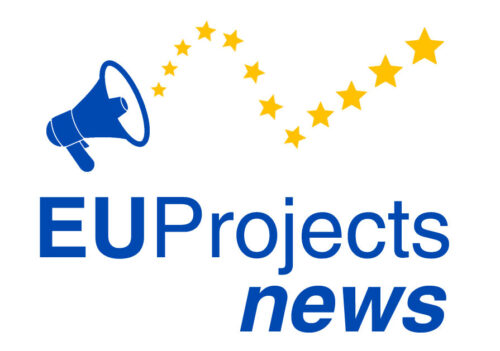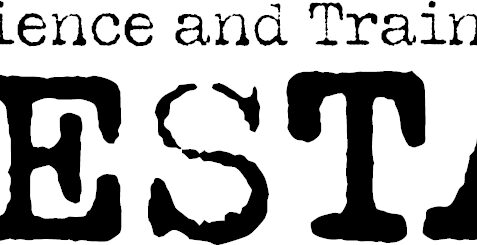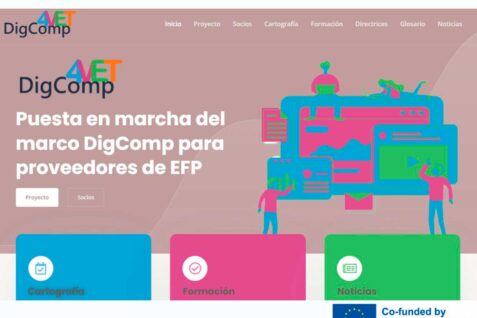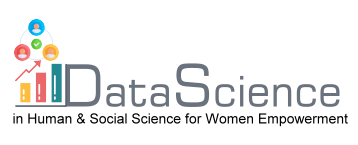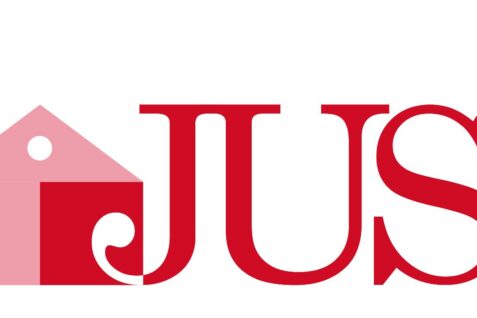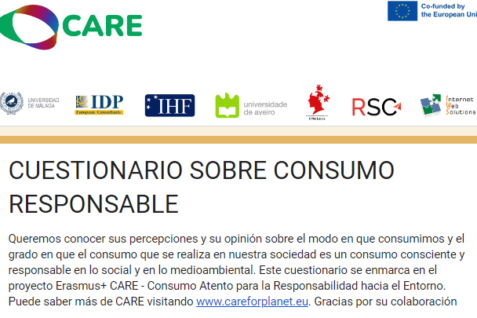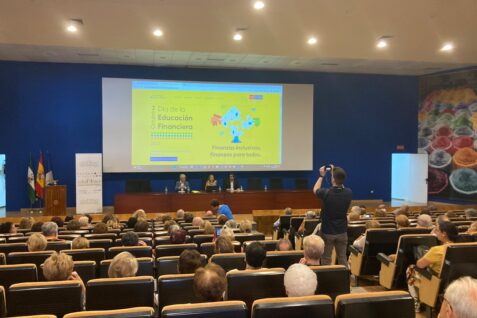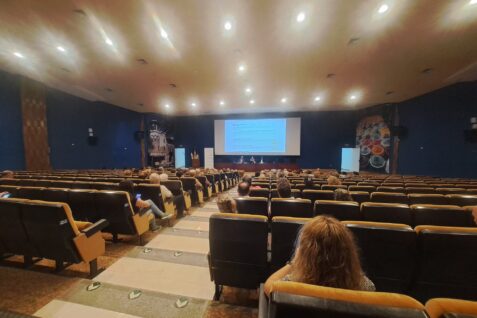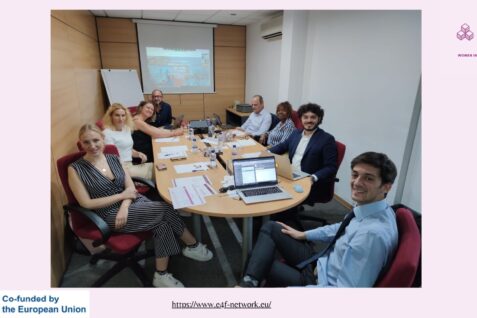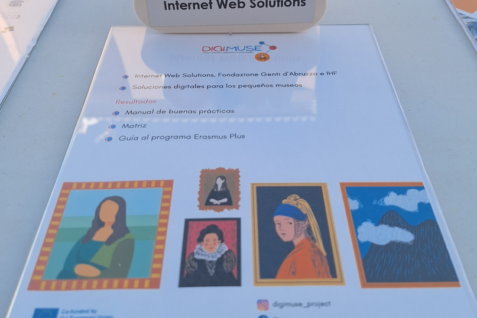
Digi.muse: a project that has caught the attention of many young people during the Opportunity morning
On October 20 took place the IV Opportunity morning, organized by the Arrabal AID Association and the Mangas Verdes Neighbourhood Association. More than 800 young people participated in the initiative and …
On October 20 took place the IV Opportunity morning, organized by the Arrabal AID Association and the Mangas Verdes Neighbourhood Association. More than 800 young people participated in the initiative and were the protagonists of the activities organized in the streets of Mangas Verdes.
The aim of the day and the street market was to inform young people of all the resources and possibilities that exist for them: professional opportunities, computer skills, education, entrepreneurship, international mobility, volunteering and civic engagement were promoted by 42 exhibitors and a parallel program with thirty activities in this cultural fair organized in Malaga.
Internet Web Solutions promoted its Erasmus+ projects focused on youth entrepreneurship, digital skills, empowerment of women, promotion of digital culture, digital inclusion in the corner of international mobility projects, exchanges and language immersion initiatives of the cultural fair, along with other local associations experts in the field.
Among the projects related to digital culture, the project “Digi.muse – Education in small museums: digital solutions for a renewed accessibility” stood out and attracted great interest from the public.
The project is aimed at small museums, which play a fundamental role in formal and non-formal education; moreover, their role is a priority to carry out concrete integration actions, thanks to the link they have with the territory and the community, and thanks to their ability to welcome and offer original experiences to visitors. Among the results achieved during the development of the project, we highlight the manual and the matrix of good practices that collect the digital solutions used in museums, as well as the advantages and disadvantages, low cost solutions and much more information that facilitates the digitization of the educational and artistic offer in small museums and the attraction of many young people and visitors, so that they can participate in more cultural events and know more and more small museums that are full of works and innovations to discover.
During the event, Monia Coppola from Internet Web Solutions (IWS) gave an interview to Onda Color of Malaga explaining all the opportunities, training solutions and Erasmus+ Projects offered by the entity, devoting special attention to Digi.muse that was also very interesting for the interviewer. To consult all the materials produced and to know all the details about Digi.muse, please visit https://www.internetwebsolutions.es/digimuse_es.php.
